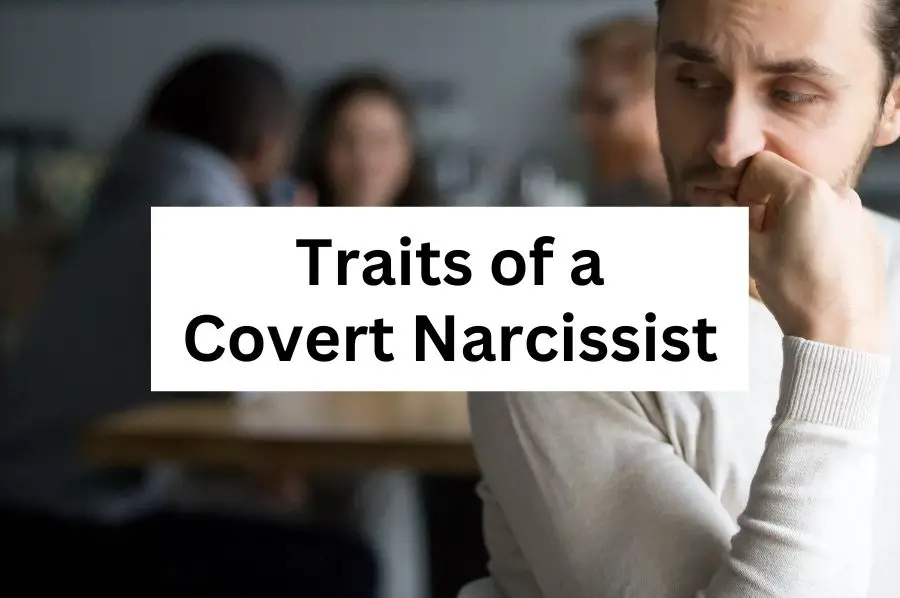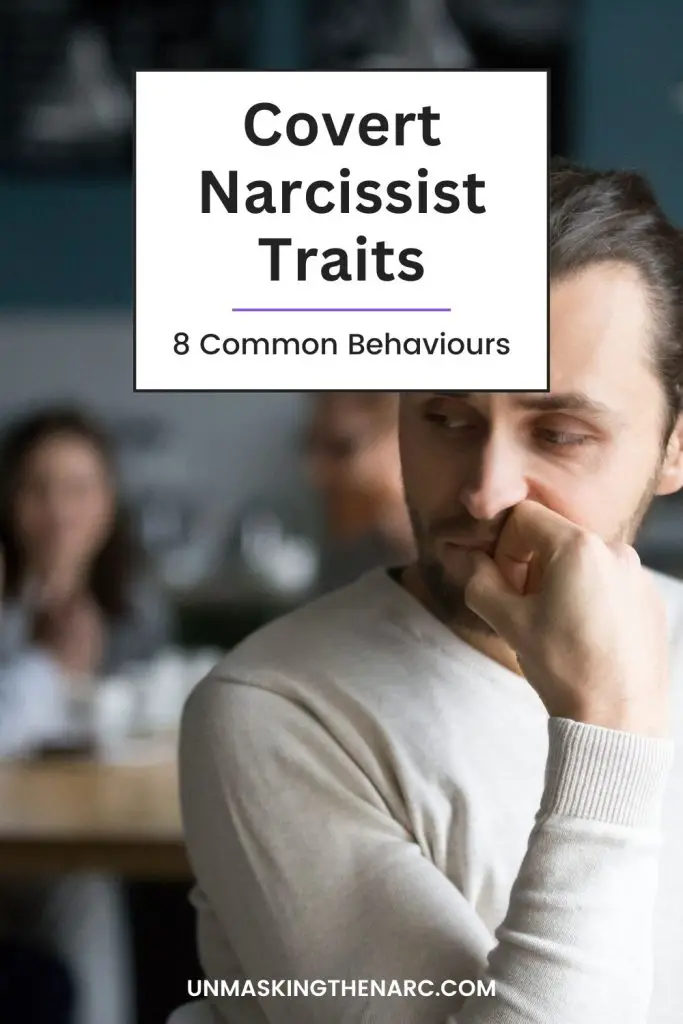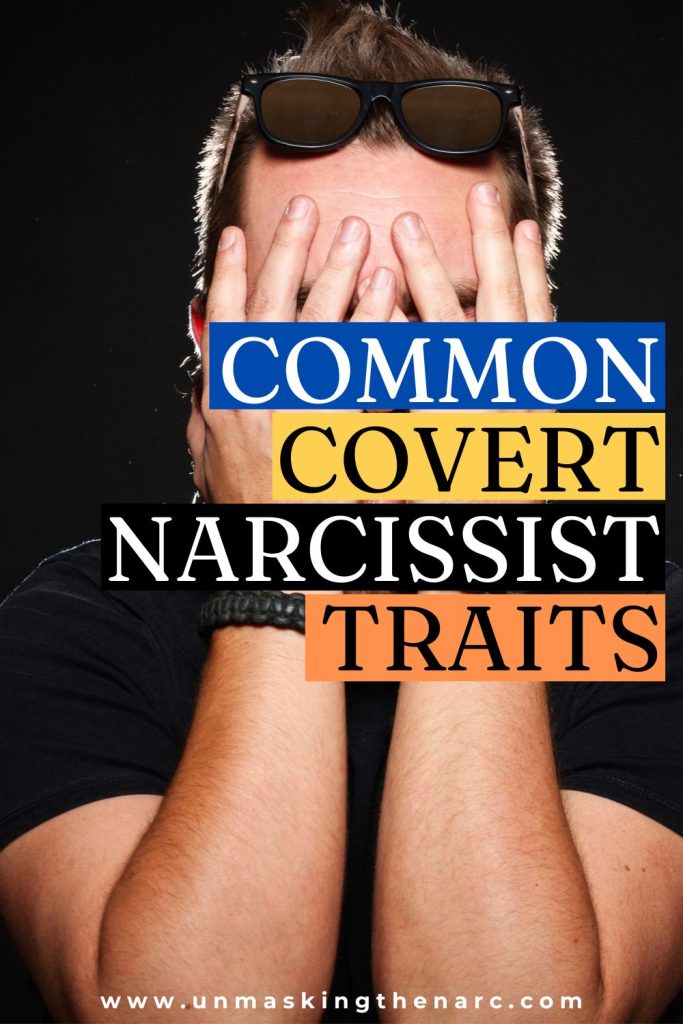On the surface, covert narcissists can come across as shy, introverted and even modest. But don’t let their self-effacing exterior fool you!
While their quiet humbleness allows them to easily slip into the crowd, they bear the same inflated levels of entitlement and superiority as every other narcissist.
Covert narcissists are extremely manipulative and it all starts with their ‘nice’ public image.
The underhanded covert narcissist traits mean that overly compassionate people are even more susceptible to their abuse. To the untrained eye, it’s very difficult to detect what’s really going on behind the covert narcissist’s seemingly innocent smile.
Let’s look at the most common covert narcissist traits so that you can understand exactly who you’re dealing with. From there, you can work towards extracting yourself from them, take your energy back and no longer feed their never-ending pity party.
This post contains affiliate links, for more information, see our disclosures here.
Covert Narcissist Traits

Highly Sensitive to Criticism
The first of the common covert narcissist traits is their low self-esteem, which is where they differ dramatically from their grandiose counterparts.
A trademark of the grandiose narcissist is their extremely high self-esteem that comes from an inflated sense of self, giving them their magnified charm and confidence. Their self-esteem comes from a fabricated and unhealthy belief in their own amazingness.
While covert narcissists have the same sense of entitlement and superiority as the grandiose, they lack the internal ability to prop up their self-esteem. Covert narcissists can only gain self-esteem from external sources through validation and attention.
Difference Between Grandiose & Covert Narcissists:
- Grandiose Narcissist – False sense of high self-worth & expects the world to reflect that back to them
- Covert Narcissist – Low self-worth & must gain it from the outside world
Covert narcissists are an empty shell, with no sense of self or identity. Yet, their narcissism causes them to have extremely high levels of entitlement, superiority and specialness.
The biggest conundrum for the covert narcissist is that they are constantly experiencing two opposing realities.
They believe themselves to be worthy of amazingness, but their sense of self is so incredibly low, that they solely rely on gaining their self-worth from external sources.
Covert narcissists spend their entire lives seeking attention, praise and even pity from the people around them. You see, this is the only way they can receive validation that they truly are as special and superior as they believe themselves to be.
The problem is, since the covert narcissist is an empty vessel with nothing truly special to offer the world at all, they are regularly being shown evidence that their fantasy version of reality is not true at all.
The covert narcissist’s ego is extremely fragile.
Low self-esteem is always just below the surface for the covert narcissist. Any external validation they receive to prop up their self-esteem is only ever a temporary reprieve from the truth – that they are a flawed and ordinary human being, who is not special or superior at all.
But the covert narcissist cannot accept that truth because, without their fantasy, they would be left to fall into their inner pit of despair, self-loathing and disgust. They must hang on to their delusional version of themselves till death for their psychological survival.
So, any hint of criticism against the covert narcissist (whether it’s real or imagined) will cause a narcissistic injury within them which is a triggering of one of their inner wounds.
In other words…
When a covert narcissist is criticised, they are essentially being presented with evidence proving that their fantasy version of themselves is nothing but a false illusion.
Like a knee-jerk reaction, the narcissist will project that criticism straight back onto the person who brought it to them and then set out to destroy them for daring to do so. It’s the only way the ego knows how to stop the attack of criticism from penetrating their false reality and revealing the truth.
The is why being highly sensitive to criticism is one of the predominant covert narcissist traits.
Passive-Aggressive Behaviour

Passive-aggressive behaviour is a way of indirectly expressing negative thoughts and feelings, rather than just coming right out and saying what you mean openly.
A common covert narcissist trait is being passive-aggressive. In fact, these guys have mastered the art!
It’s important to a covert narcissist to be seen as kind, gentle, helpful, likeable and humble because that’s a big part of their False Self’s image.
However, the reality of who the covert narcissist is underneath that facade couldn’t be any further away from that. They are not authentically any of those things, nor do they have the ability or desire to be. It’s nothing more than a deception to get people to trust them, like them or feel sorry for them.
So, for the covert narcissist to uphold this ‘nice and innocent’ act, they can’t afford to be seen abusing, devaluing, manipulating or controlling others in any obvious way. That would expose them to their victims, but more importantly, to the outside world, which they so desperately seek validation from.
Being passive aggressive is a way to covertly manipulate and punish other people without being outwardly seen to do so.
Passive-aggressive Examples:
- Invalidating and belittling in the pretence of ‘jokes’
- Withholding communication, affection and acts of service as punishment (e.g. silent treatment)
- Subtly shifting the blame
- Procrastinating to get out of tasks they don’t want to do
- Sabotaging others in an underhanded way
- Holding grudges
Shy and Introverted

Due to the covert narcissist’s low self-worth, they lack the inflated charisma and confidence that grandiose narcissists exude.
A covert narcissist will appear much more modest, quiet, shy and introverted. This is why they can so often fly under the radar, making their narcissism much harder to spot without looking deeper at their behaviour.
Covert narcissists do not like to put themselves in positions where their inadequacies may be exposed.
They will frequently avoid large social situations or anything that will put them centre stage. Having it publicly discovered that they are not as superior or unique as they secretly believe themselves to be is too great a risk.
A much safer strategy is to play it safe on the sidelines and gain the validation they need that way.
Typically, covert narcissists will use things like obligation and guilt to manipulate compassionate people into handing over their energy.
One tactic is to put themselves down, which guilts the other person into complimenting them, effectively validating the covert narcissist’s belief in being special.
| READ: Narcissists & Shame → |
Jealous & Envious

A common covert narcissist trait is their blatant jealousy of the success of others. They absolutely loathe seeing others have what they believe should rightfully be theirs.
Yet, because of their low self-esteem and unwillingness to risk the possibility of having anyone see them as a failure, they never put themselves out there.
Their incessant need to protect their false illusion of superiority and specialness effectively stops them from being able to take risks and achieve the very things they so believe they deserve.
Unless a covert narcissist is absolutely confident that they can do something perfectly and uphold their delusional version of themselves, they won’t even try.
They either feel jealous and threatened by what others have because they believe those people are taking away what should be theirs. Or, they believe others are envious of them, which is a delusional story they tell themselves in order to prop up their self-esteem.
You’re most likely to find a covert narcissist kicking back on the couch, sullenly complaining about a world that is inherently unfair to them.
They genuinely cannot understand why they don’t have all of the riches, success and materials items that they feel entitled to.
Self-serving Altruism

Covert narcissists do have the capacity to feel a low level of empathy, but that doesn’t mean you can expect any authentic compassion from them. It will always be used by them in a self-serving manner.
If a covert narcissist says or does something nice for someone else, they have to be seen to be doing it. Because without the kickback of receiving accolades and applause for their ‘kindness,’ what’s the point, right?
“What’s in it for me?”
– famous words of any narcissist
Another of the famous covert narcissist traits is being generous towards others… but only because they expect something in return. Often, this type of exchange is an unspoken one. If you’re honest with yourself and listen to your intuition, you can feel the guilt attached to the gift or favour, even if you can’t see it.
It’s never wise to accept help, gifts or services from any narcissist unless you’re happy for it to be held against you in the future!
If a covert narcissist does something for someone else and they don’t receive the validation, acclaim or trophy they were expecting, they’ll immediately flip the script. You can then find the covert narcissist heavily complaining about how ungrateful everyone is and that everyone always takes advantage of them.
Play the Biggest Victim on Earth
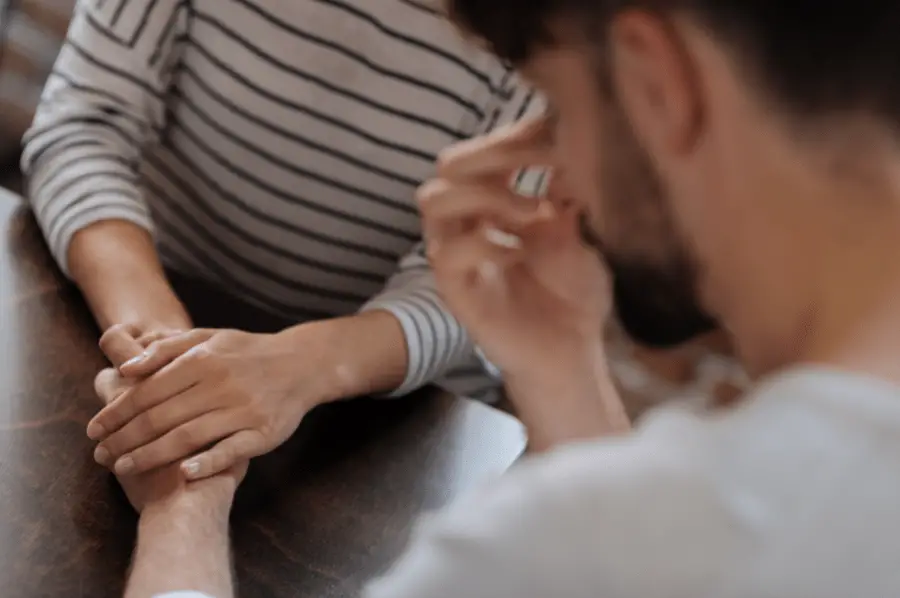
The most obvious of the covert narcissist traits are their famous pity parties. Covert narcissists are the biggest victims on planet Earth. Just ask them, they’ll tell you!
Remember, covert narcs lack the charm, talent and confidence required to easily extract attention and adoration from the outside world.
So, how else can they obtain the validation they so desperately crave? Their tried and tested trick is to use the ‘poor me’ method.
Covert narcissists will regularly use FOG (fear, obligation and guilt) to manipulate people into handing over their attention and life force energy. They can even turn on the waterworks (tears) with the click of a finger if the situation requires it.
The clever and self-effacing ‘poor me’ tactic is exactly how covert narcissists can easily slip under the radar as even being narcissistic at all.
However, once you know what you’re looking at, their over-used ‘victim card’ is their very giveaway!
Covert narcissists will expertly play the victim to either get people to feel sorry for them or to evade accountability for their bad behaviour. It’s easy to mistakenly think their tears and shy tendencies mean that they are truly “sorry” for hurting you and that they’re not self-centred.
My story…
My ex-husband of 20 years was a covert narcissist and he used these exact tactics repeatedly to get out of treating me terribly, plus rope me back into his abuse and hold me there.
Whenever I was at the edge of my emotional cliff and ready to jump, or when he’d been found out and couldn’t refute the evidence against him, he’d end up in the foetal position, crying and playing on my compassion and guilt.
In hindsight, he never once apologised, it was more along the lines of, “It’s not my fault, I don’t know why I do this. Poor me, I’m so broken and I need you to rescue me. How could you possible leave me?”
Fantasies of Grandiosity
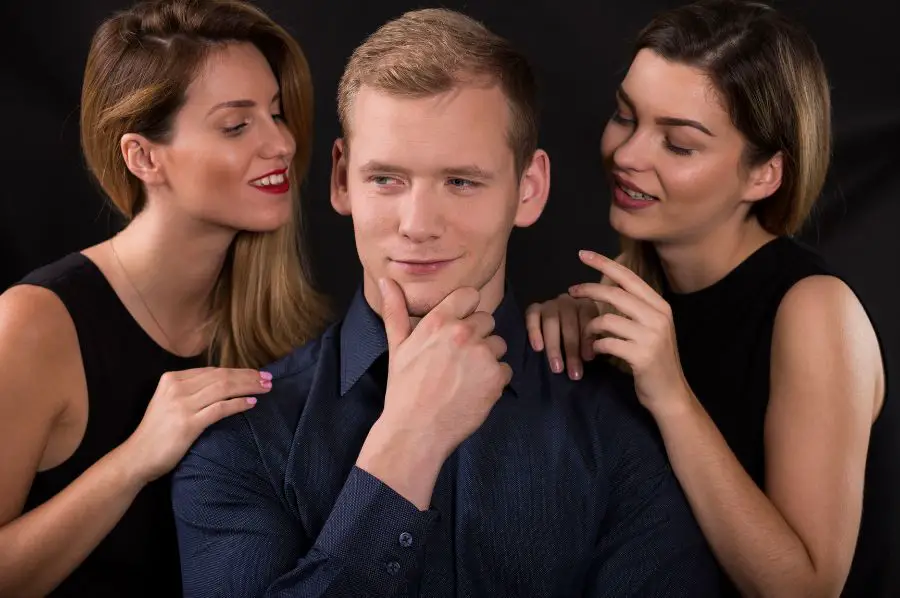
While covert narcissists aren’t as obviously arrogant and self-obsessed as grandiose narcissists, that doesn’t mean that they aren’t, it just means they’re better at hiding it. They feel just as entitled to success, wealth, status and material gains as any other narcissist.
You’ll find covert narcissists can be very preoccupied with fantasies of being rich, having a powerful position at work, being well-known for something, or being associated with elite social figures and groups.
Yet, as a result of their low self-worth, plus an unwillingness to do the work or risk putting themselves out there, they rarely (if ever) achieve any of their superior fantasies.
But their inner belief of superiority and entitlement has them believing that those things should be handed to them simply for existing.
Covert narcissists believe that all of the glory and riches they so desire should just be handed to them because of “who they (think they) are.”
Depression & Anxiety

As you can see, the constant conflict of who the covert narcissist thinks they are, versus who they really are, poses a bit of a conundrum.
Because of this, depression and anxiety are very common manifestations for covert narcissists.
They’re constantly running from their inner feelings of shame and self-loathing. The only relief they can find is through getting attention and validation from outside of themselves that supports their fantasy version of self.
However, gaining that much-needed supply is much harder for them without genuinely having anything particularly special to offer anyone. Hence why they resort to their easy manipulation methods of using fear, obligation and guilt to extract attention and life force energy from the people around them.
Covert narcissists are regularly fighting with their False Self’s belief of being more special and superior to others. Yet, their outside world never seems to match up with that belief.
In essence, they’re constantly being shown evidence (of a plain and flawed life) that directly opposes their fantasy delusion (of superiority and entitlement).
This constant conflicting information of the truth versus what their ego needs them to believe can lead to depression and anxiety.
▶️ VIDEO: 8 Common Traits of a Covert Narcissist
If you’re dealing with a covert narcissist, it’s time to pull your energy back from them and give it to yourself instead.
Covert narcissists are experts at making others feel guilty and obliged, which is how they manage to plug into you and siphon out your life force energy.
It’s important to realise that the covert narcissist is NOT your responsibility.
Your responsibility is to yourself and your healing.
Posts About Covert Narcissists
- QUIZ: Are They a Covert Narcissist?
- 12 Female Covert Narcissist Traits
- 8 Common Covert Narcissist Traits
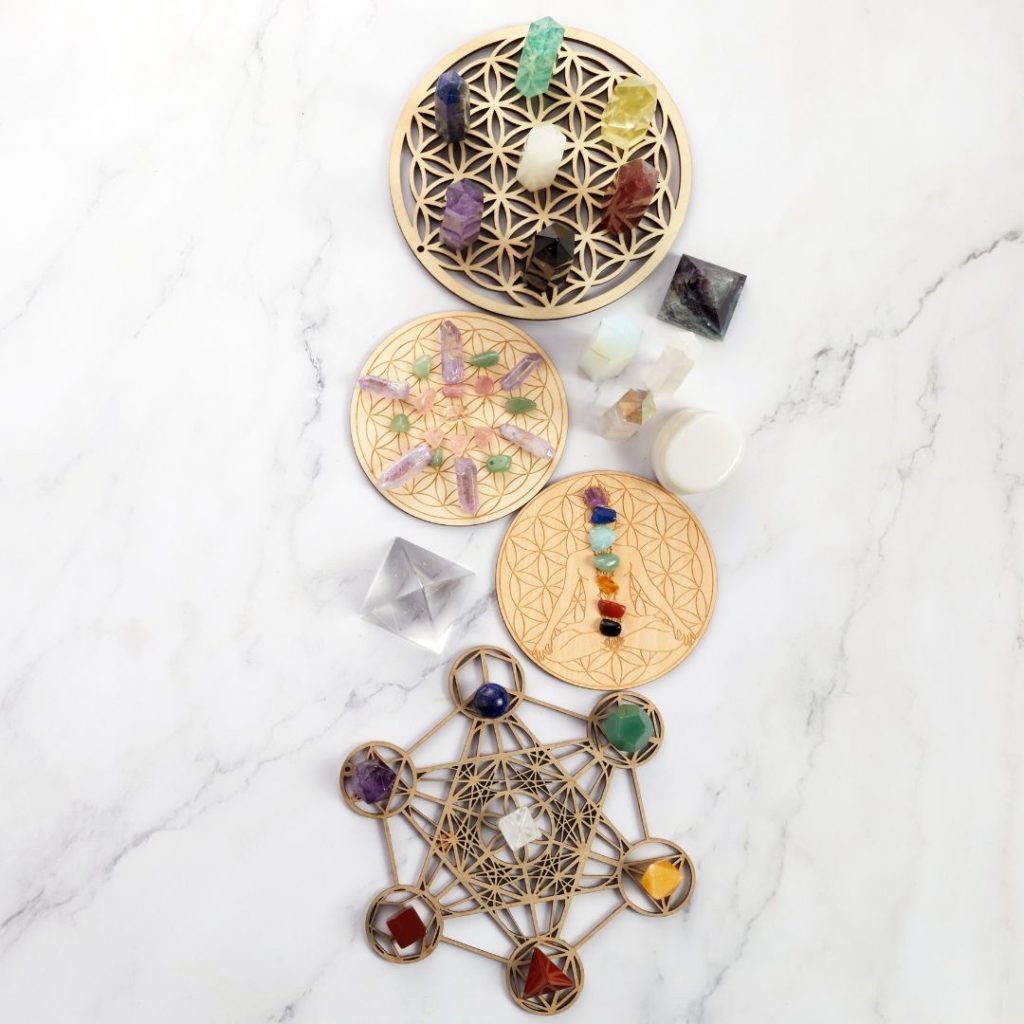
Energetic Healing from
Narcissistic Abuse
If you’ve tried everything to heal but still can’t shift things, it might be time to call in the spiritual realm.
✭ Removal of stuck energy
✭ Removal of old traumas & memories
✭ Past Life Regression
✭ Understanding your journey & how it’s shaped you
✭ Loving & non-judgemental guidance
✭ Psychic mediumship
✭ Ask your guides questions & get direct answers
10% OFF Code ‘UNMASK‘
www.selenahill.com →

